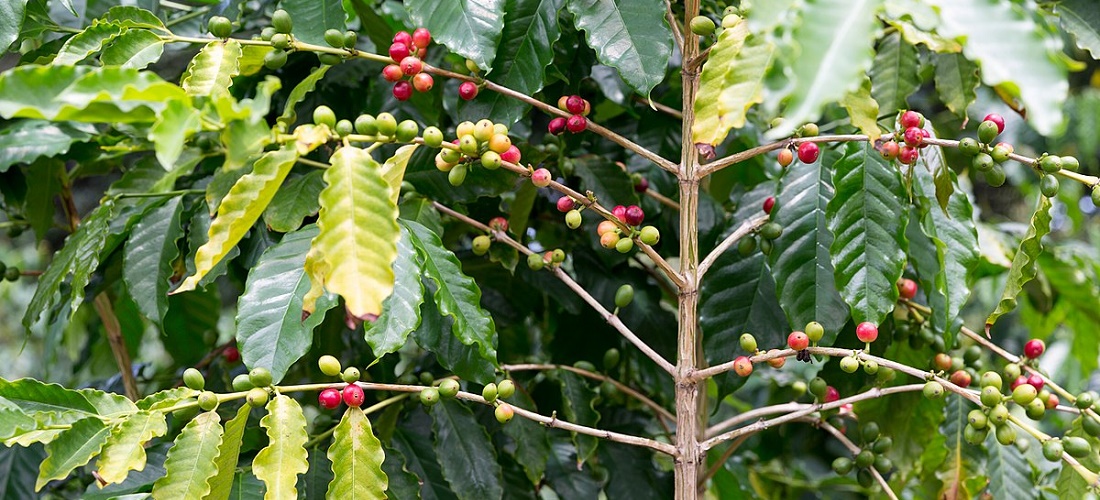
Brazil estimates that frost has damaged up to 11% of the Arabica coffee area
Jul, 26, 2021 Posted by Ruth HollardWeek 202130
Exceptionally strong frosts reported in agricultural regions of Brazil last week affected up to 200,000 hectares of Arabica coffee plants or 11% of the total area devoted to the variety in the country. Brazil is the largest global producer of coffee.
According to preliminary estimates by CÖNAB (the national food supply company), around 150,000 to 200,000 hectares are damaged, ranging from mild to severe.
Coffee plants are very sensitive to cold damage, which is why Brazilian coffee production has, over the years, moved from the southern states to Minas Gerais, where more than 70% of the country’s Arabica coffee plants are currently located. However, the atypical frosts reported on July 20 affected a large swath of Minas Gerais, the first climatic event of its kind in the region since 1994.
See the DataLiner chart below for the main destinations of Brazilian coffee exports:
Main Destinations of Brazilian Coffee Exports (HS 0901) | Jan 2020 to May 2021 | TEU
Graph source: DataLiner (click here to request a demo)
Brazil accounts for around 40% of the global coffee market. The prospect of reduced production in 2022 as a result of the frosts caused coffee futures contracts to soar, and fears of futures contracts defaults have increased. The forecast is that the cold will return to Brazil in the coming days, with the potential for new frosts.
Source: Money Times
To read the full original article, visit the link: https://www.moneytimes.com.br/brasil-estima-que-danos-por-geadas-atinjam-ate-11-da-area-de-cafe-arabica/
-
Other Logistics
Feb, 14, 2021
0
CMA CGM Group creates air transport division
-
Shipping
Nov, 30, 2020
0
CMA CGM extends surcharge date for reefer cargo to India, Persian Gulf, and Red Sea
-
Ports and Terminals
Aug, 09, 2021
0
Portos RS and UFRGS sign a contract for the environmental monitoring of the Port of Porto Alegre
-
Ports and Terminals
Jun, 06, 2023
0
Paraná ports record historic 6.1 mt cargo milestone in May 2023



